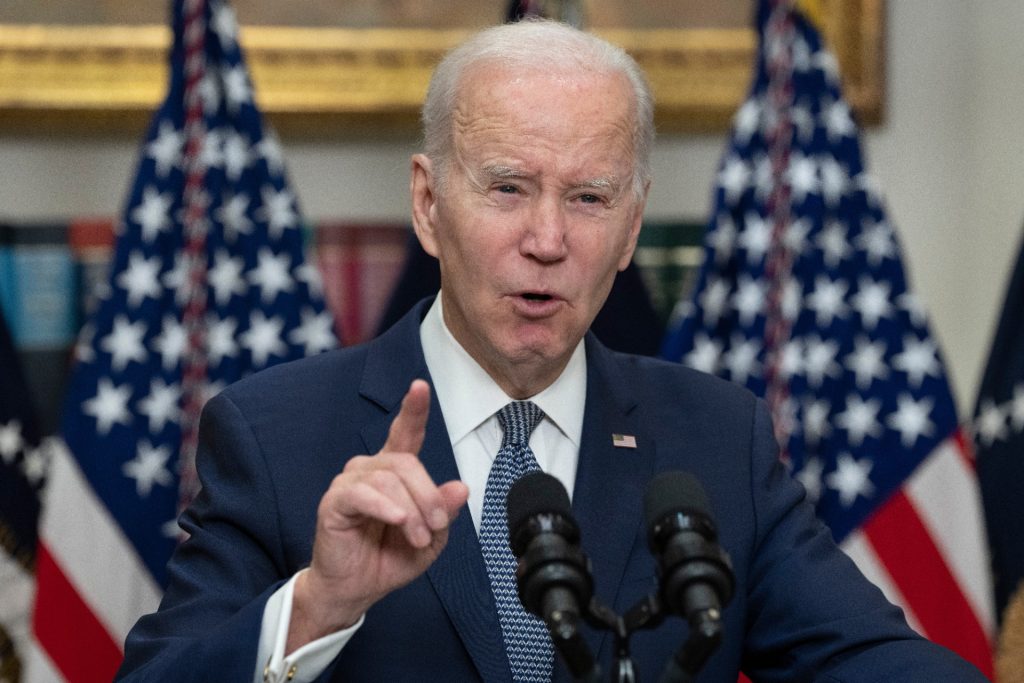Some rules last a lifetime.
Others are reading now
Being a former U.S. president means living with a set of rules, restrictions, and special privileges—even after leaving office.
Although they no longer govern the country, their daily lives are still shaped by security measures, official duties, and numerous limitations.
Life after the White House is far from an ordinary retirement.
There are many things a former president cannot do, yet they still enjoy certain benefits.
Also read
Some rules exist for security reasons, while others protect the integrity of the office.
Regardless, the role of a former president means remaining in the public eye.
They Cannot Stay in the White House
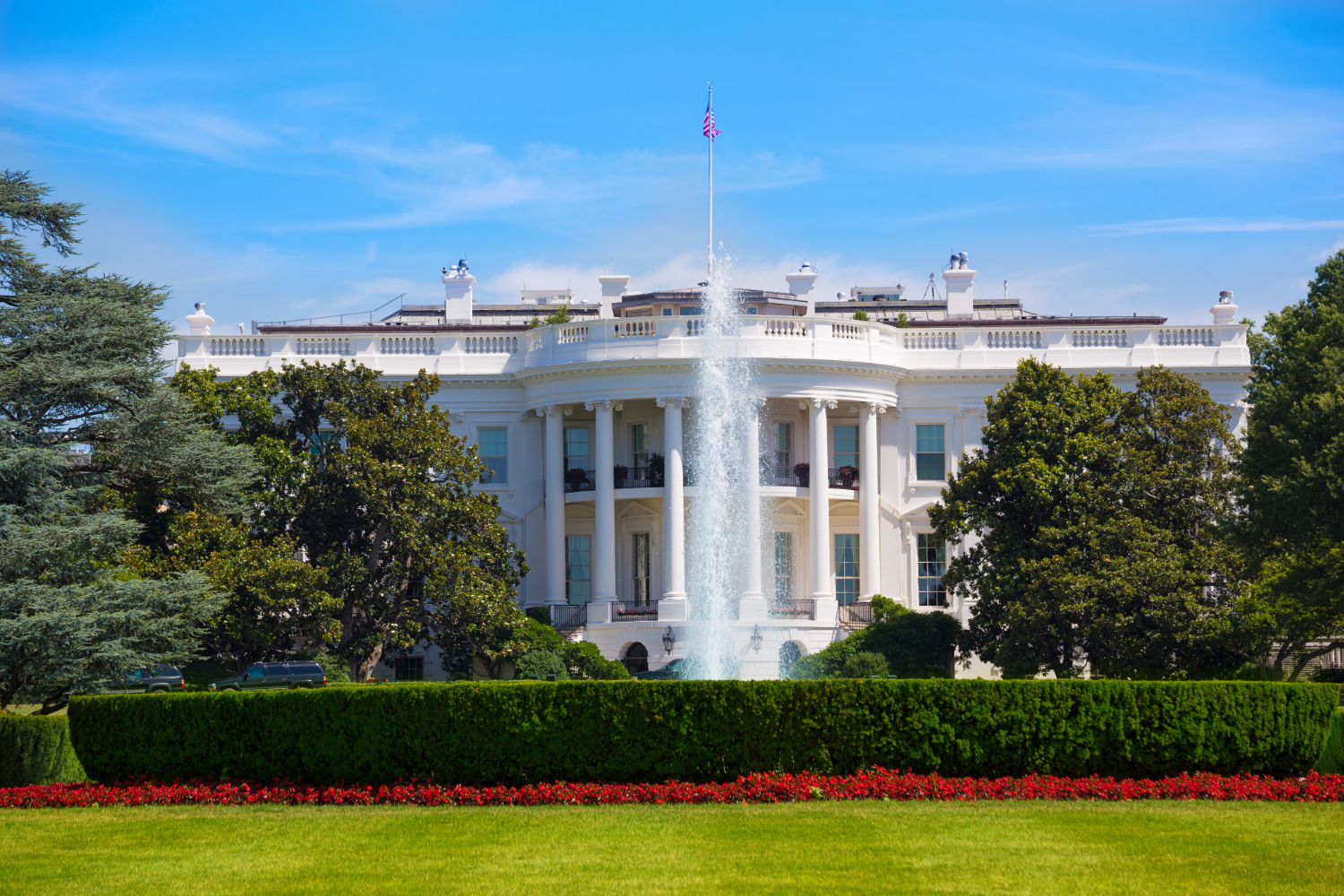
Once their term ends, it’s time to pack up and find a new place to live.
The White House is reserved for the sitting president and their family, marking a clear transition between old and new leadership.
They Always Have Security Detail
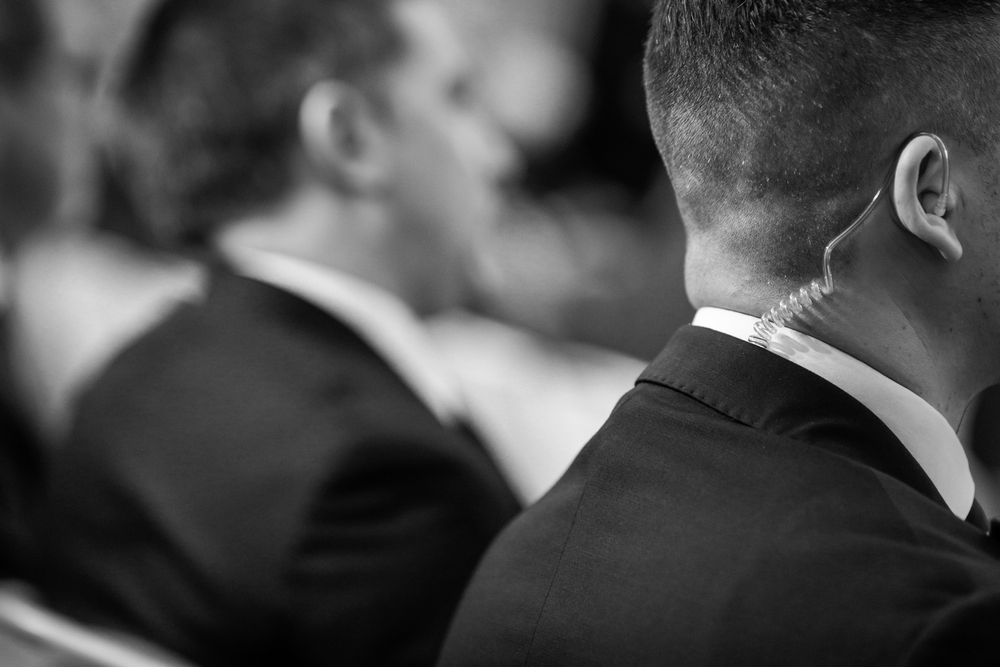
Former presidents are never alone.
The Secret Service is always close by, whether they’re attending an official event or simply visiting friends.
This is a lifelong security measure.
They Cannot Just Buy a New Phone

To prevent hacking, former presidents are not allowed to purchase electronic devices without a thorough security check.
Everything they use must be reviewed by experts first.
Cyber threats are a real danger, and the government takes no chances.
Their Mail Is Screened

The Secret Service inspects all mail, packages, and emails sent to former presidents.
While it may seem excessive, the risk of threats is real.
Several former presidents have received dangerous items, making this screening necessary.
They Cannot Drive Themselves
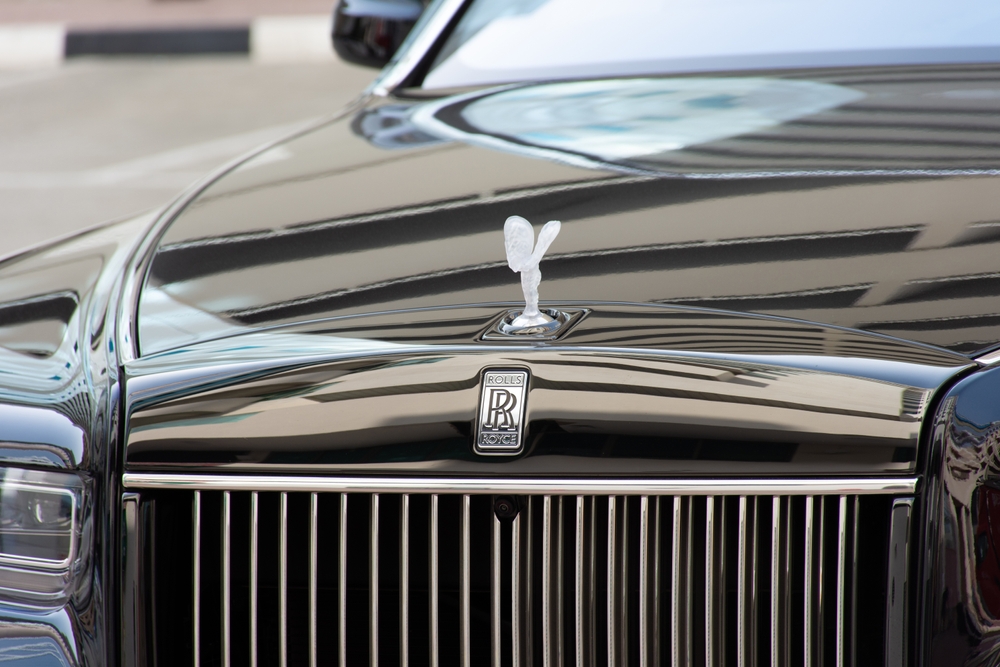
Once they leave office, they are no longer allowed to drive.
This rule was put in place after the assassination of John F. Kennedy in 1963 to reduce the risk of attacks.
Since then, the Secret Service has handled all transportation.
Their Funeral Plans Are Arranged in Advance
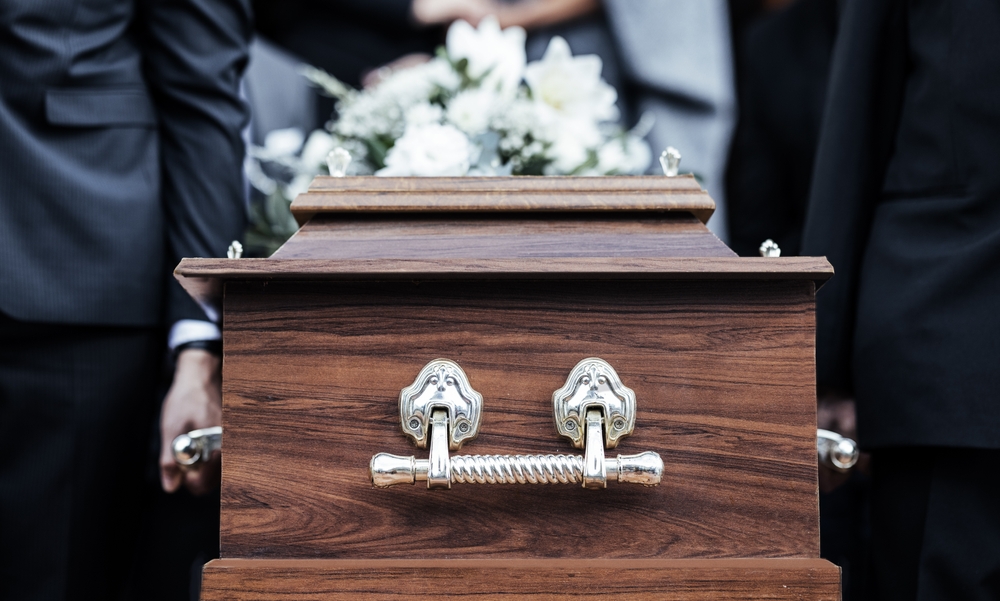
From the moment they take office, presidents must decide how their state funeral will be conducted.
If they choose an official ceremony, it typically includes military honors and a flyover.
Additionally, American flags must be flown at half-mast for 30 days after their passing.
They Cannot Reveal State Secrets

Even after leaving the White House, former presidents hold a wealth of classified information.
They are never allowed to share it, as doing so could endanger national security.
Some foreign governments might even attempt to buy these secrets.
They Cannot Become President Again

A president can serve a maximum of two terms.
This rule was implemented after Franklin D. Roosevelt was elected four times.
It ensures that no president remains in power for too long or accumulates excessive influence.
They Do Not Fly on Commercial Airlines

Once they lose access to Air Force One, most former presidents travel by private jet.
This isn’t just about luxury—it’s a security measure.
Private flights are much easier to protect.
They Receive a Generous Pension

Even after leaving office, former presidents continue to receive a significant salary.
While a sitting president earns $400,000 per year, former presidents receive about half of that as a pension.
The government covers these costs to ensure they remain financially secure.
They Can Decline Secret Service Protection

Although all former presidents are offered lifelong security, they have the option to decline it.
Richard Nixon chose to forgo Secret Service protection in his later years, though most former presidents keep it.
Their Schedules Remain Busy

A former president doesn’t simply retire and relax.
They receive an office, a small team of staff, and financial support for managing their post-presidency responsibilities.
Many continue working in politics, diplomacy, or philanthropy.
They Should Avoid Criticizing Other Presidents

Although not an official rule, former presidents are generally expected to refrain from criticizing their predecessors or successors.
There is an unspoken agreement that they will stay out of the current president’s affairs.
This is both out of respect for the office and to avoid unnecessary controversy.
They Must Establish a Presidential Library

Every former president is required to have a presidential library—not for books, but for documents and historical records from their time in office.
These serve as archives, allowing the public to review their decisions and preserving their legacy for future generations.
They Cannot Become Vice President
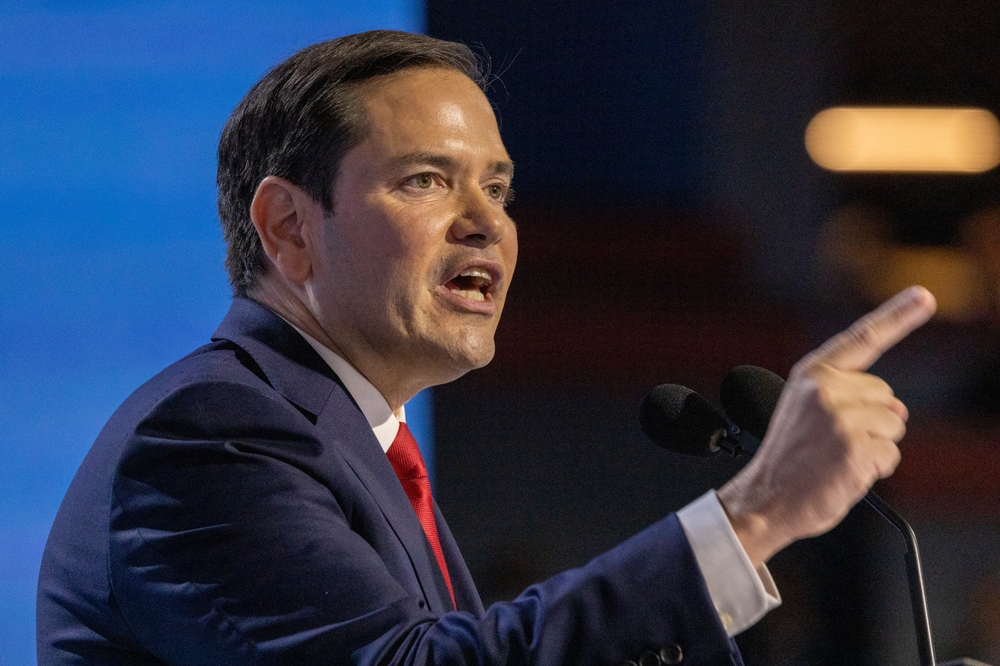
While a former vice president can become president, the reverse is not allowed.
A former president cannot be elected vice president because they could potentially serve more than two terms, violating the term limit laws.
First Ladies Receive a Pension Too

Former first ladies receive an annual pension of $20,000.
However, if they accept a government-paid job, they forfeit this benefit.
This ensures financial support after their time in the White House.
They Don’t Have Total Freedom

Even after leaving office, former presidents remain under constant Secret Service surveillance.
They can’t simply decide to go for a walk or dine out spontaneously—everything must be planned in advance.
Security always comes first.
Their Messages Are Archived

Every message a president sends during their time in office is preserved for history.
By law, they are not allowed to delete anything, even after leaving the White House.
This ensures transparency regarding their decisions.

